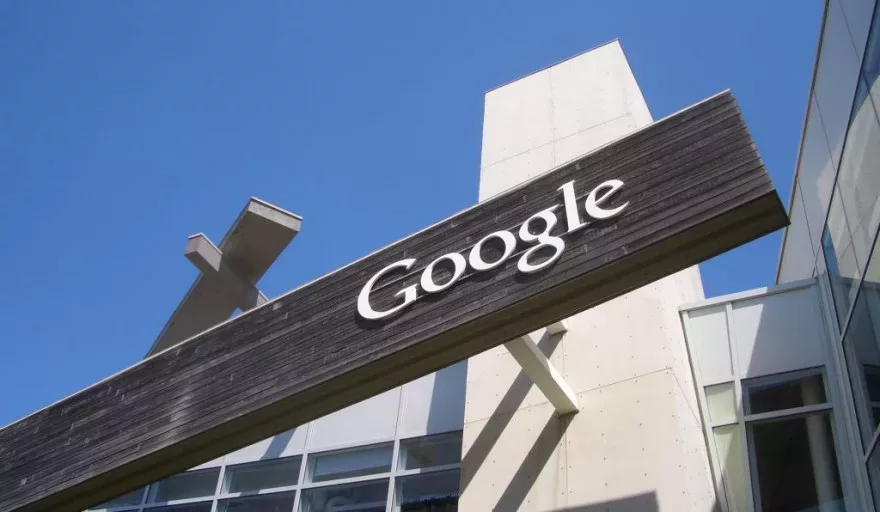The new driverless GoogleCar has been designed with no steering wheel and no brakes, while the Skype Translator makes international connections more accessible.
At the recent Code Conference held south of Los Angeles, Google’s co-founder Sergey Brin revealed its top-secret line of driver-less vehicles that they are preparing to start testing later this year.
The car has two seats, is all-electric and extraordinary for its lack of a steering wheel, dashboard and brake pedal. In an interview last Tuesday, Brin described how: “We took a look from the ground up and asked what should self driving cars be like?” Brin also said that Google were planning to build a few hundred prototypes and start testing them on roads in North Carolina by the end of 2014, using a human safety tester who can take over control with a joystick should problems arise. Brin also described how relaxing the experience of travelling in a driver-less vehicle is: “Within seconds I was doing my email. I forgot I was there. It reminded me of catching a chairlift by yourself. There’s a bit of solitude.”
Google is envisioning a network of self-driving cars that can be used like taxis and will free up space in cities currently devoted to parking lots and will be more efficient and cost effective than everyone owning a car that sits dormant for a most of the day. Brin said: “The project is about changing the world for people who are not well-served by transportation today.” However, he admitted that the GoogleCar will not be hitting the road any time soon, as it needs to meet safety standards and to prove that driver-less cars are significantly safer than a human driver.
On top of this, during the Code Conference, Microsoft also revealed a new Skype tool that can almost instantly translate a live conversation into different languages. The feature named Skype Translator will be released commercially later this year. CEO of the Microsoft Corporation, Satya Nadella, described it as “a dream of humanity.” The new tool will make international business calls easier and will widen circles of communication between people that a language barrier previously obstructed. Google and Microsoft both seem to be competing to bring science fiction to life.



















